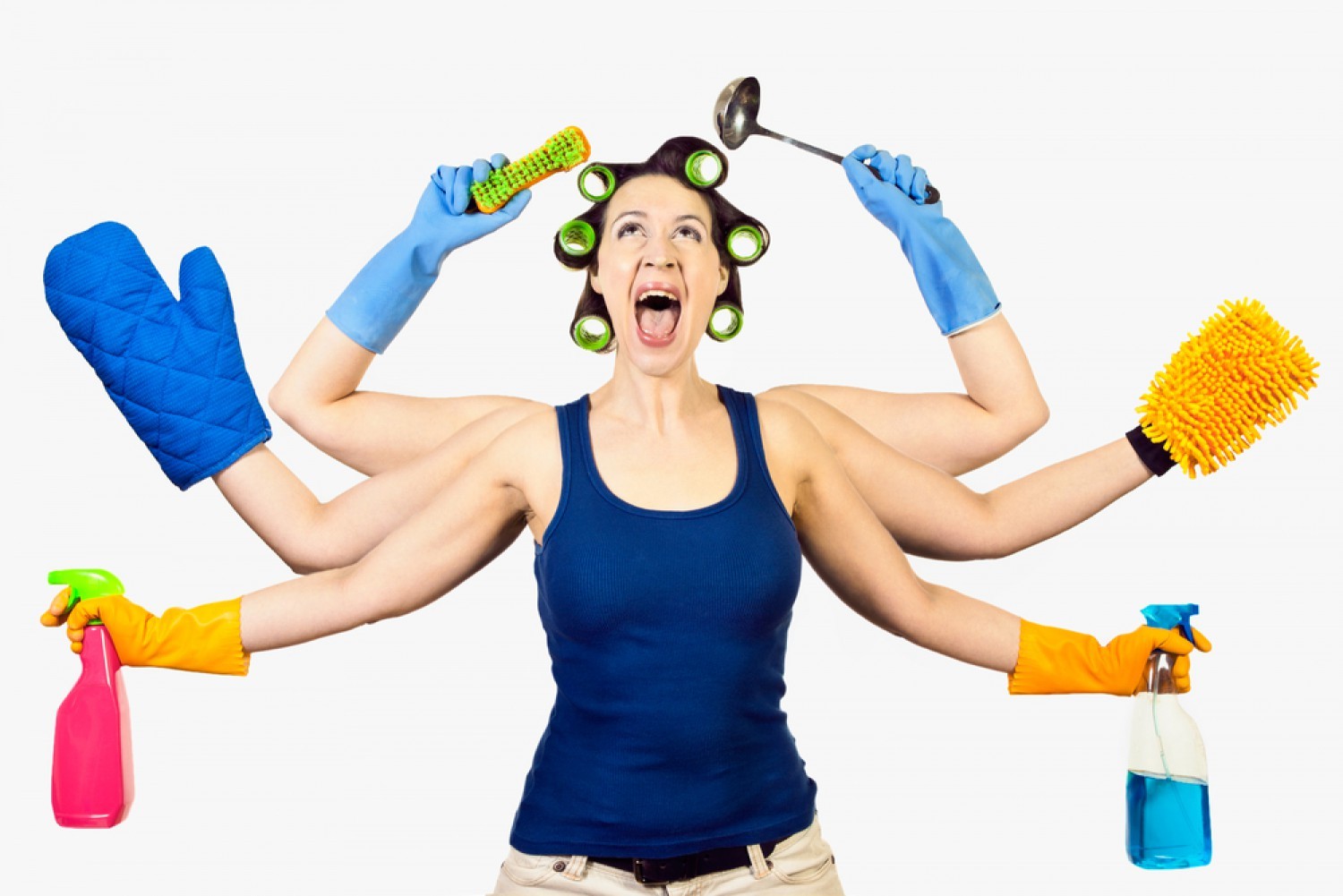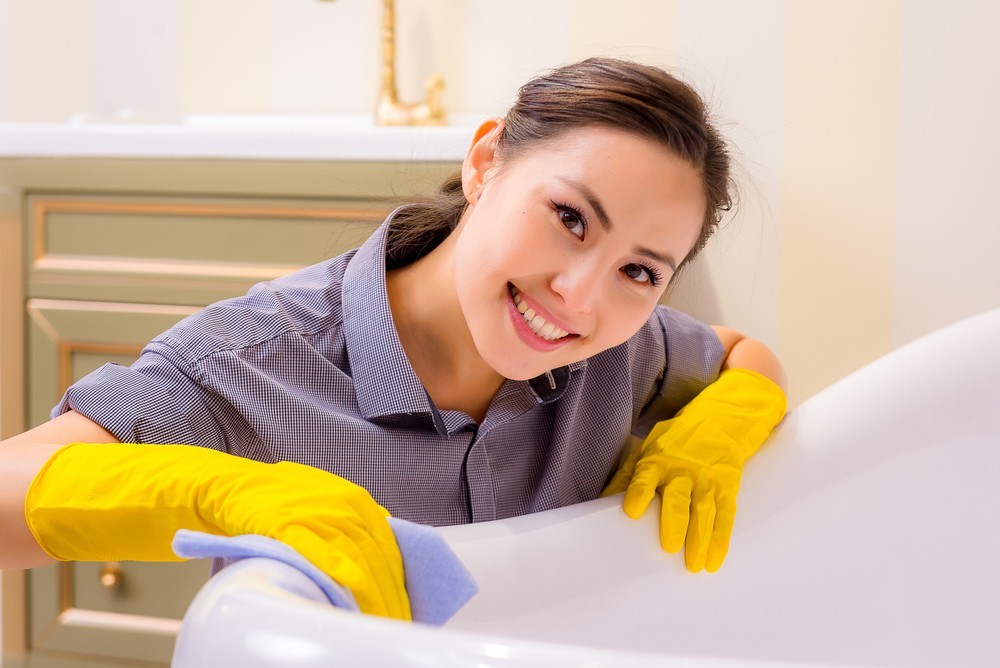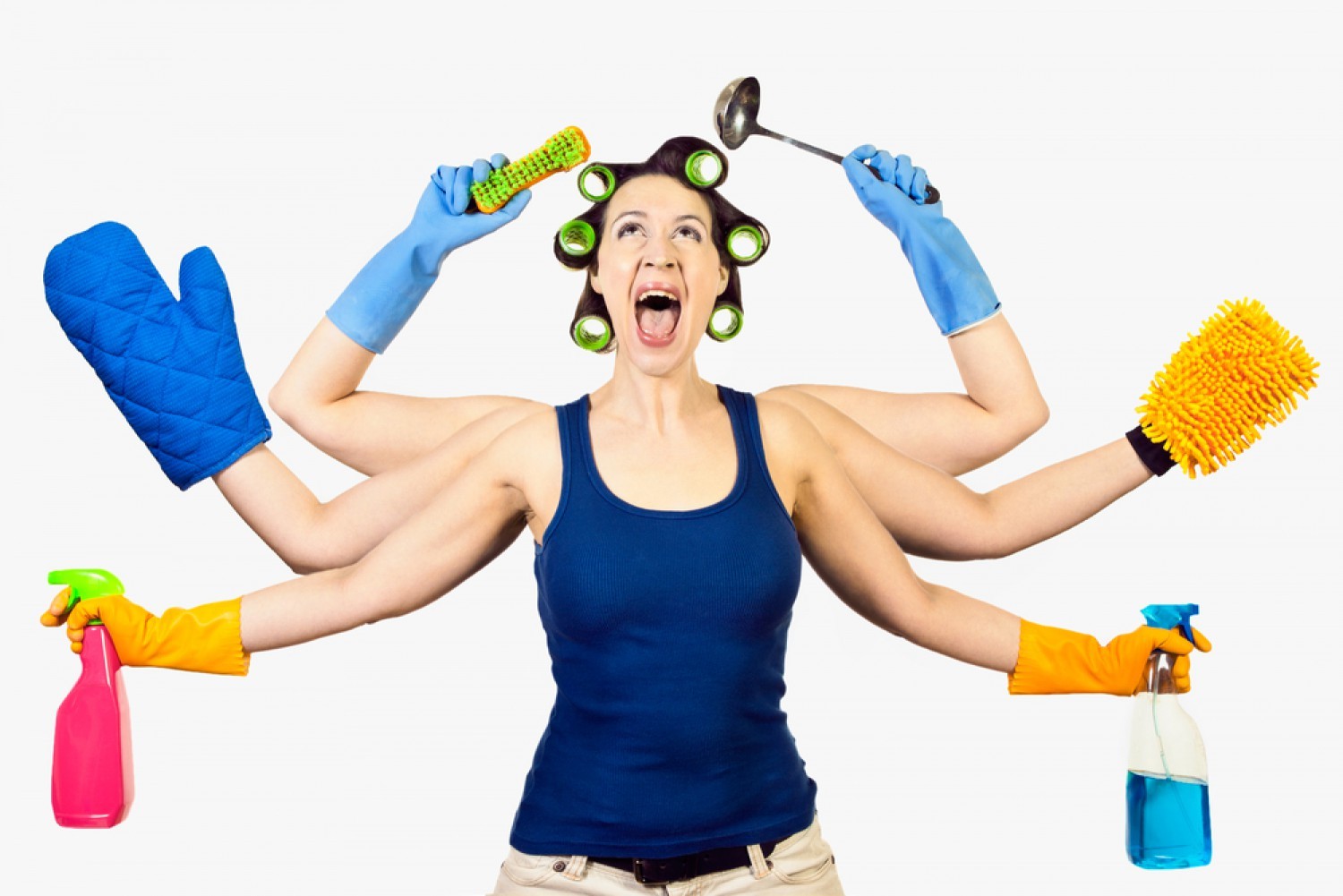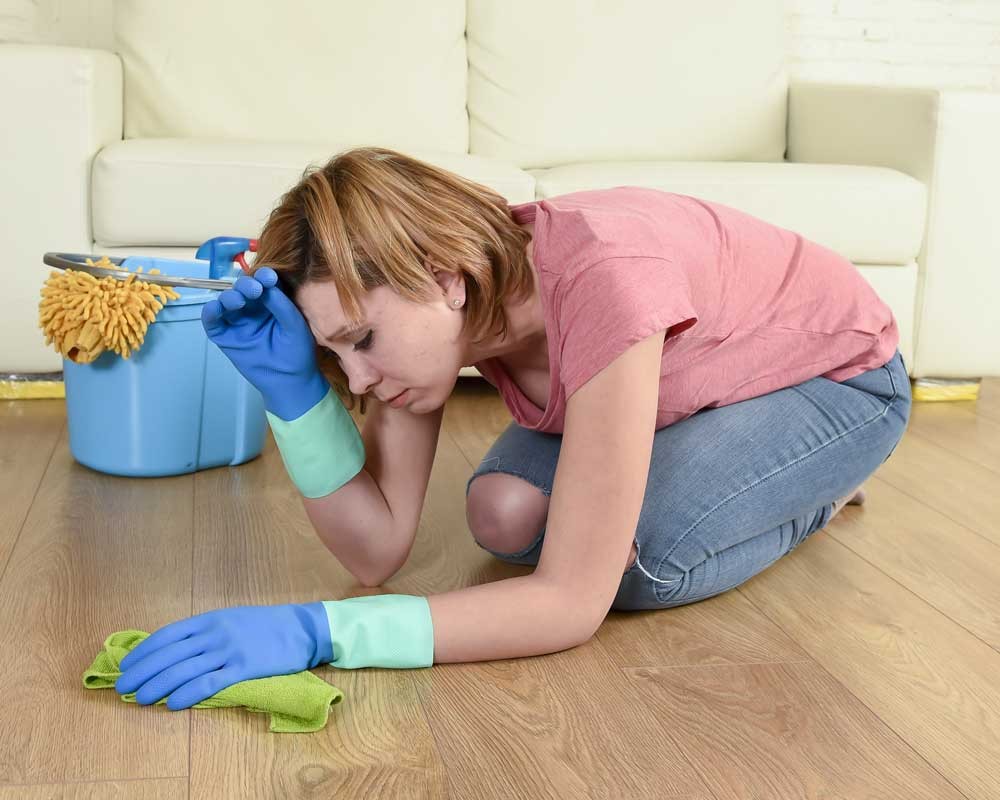Your domestic helper comes to you sheepishly, admitting she's been struggling to see clearly lately. She needs a pair of spectacles. As a first-time employer of a maid in Singapore, you're unsure - is this expense on you, or should she pay for it herself out of her salary?
Let's take a closer look at this eye-opening dilemma.
What Does the Law Say?
Searching through the Ministry of Manpower (MOM) regulations for employing maids and helpers in Singapore, there's no specific rule stating that employers must cover the cost of eyewear. Legally, spectacles fall under the category of personal expenses, much like clothing, shoes, toiletries, and other individual needs. So from a purely regulatory standpoint, the ball is in your court as the employer.
The Case for Employee-Paid Eyewear
One perspective is that spectacles, like a haircut or new clothes, are a personal expense that maids should budget and pay for themselves. After all, their salary is intended to cover their individual needs. If a helper's uniform doesn't fit anymore, the cost of altering or replacing it typically falls on them. The same logic could be applied to failing eyesight that requires corrective lenses.
Looking Out for Your Helper
On the flip side, there's a strong argument for supporting your helper's eye health as an employer. Offering to subsidise or fully cover the cost of spectacles can be seen as an investment in your maid's well-being and job performance.
If her vision is impaired, it can impact her ability to safely and effectively carry out her duties, from child-minding to cooking to cleaning… or even feeding the correct 5ml of ibuprofen to your little one. A new pair of glasses can meaningfully improve your helper's quality of life and her quality of work.
A Personal Decision
At the end of the day, whether you pay for your maid's spectacles is a personal choice. There's no clear right or wrong answer. It depends on your household budget, your relationship with your helper, and your philosophy as an employer. Some host families are happy to chip in or cover eye-related expenses as a goodwill gesture, especially for a long-term helper who is a valued part of the household. Others prefer to keep personal and work expenses separate.
Meeting in the Middle
If you're on the fence, there are compromises to consider. You could offer to pay a portion of the cost, with your helper covering the rest. Or you could treat it as a special bonus or one-time allowance, rather than a recurring expense. Another option is to give your maid a small stipend for personal needs each month, which she can choose to put towards eyewear or other priorities.
Seeing the Bigger Picture
Ultimately, the spectacles question is just one facet of being a fair and caring employer. Beyond the letter of the law, it's about treating your helper with respect, empathy and generosity. Having an open conversation about her eyesight and how you can help is always a good place to start. And if you're ever unsure about your rights and responsibilities as a maid employer in Singapore, MOM provides helpful guidelines.
Find Your Ideal Helper
Navigating employer-helper relationships can sometimes be a bit blurry. At Searchmaid, we're here to make things crystal clear. Our online platform connects you with a vast database of experienced maids and helpers, allowing you to find your perfect match. Search, filter and shortlist candidates from top maid agencies across Singapore, all in one convenient place. Let us help bring your household into focus.






